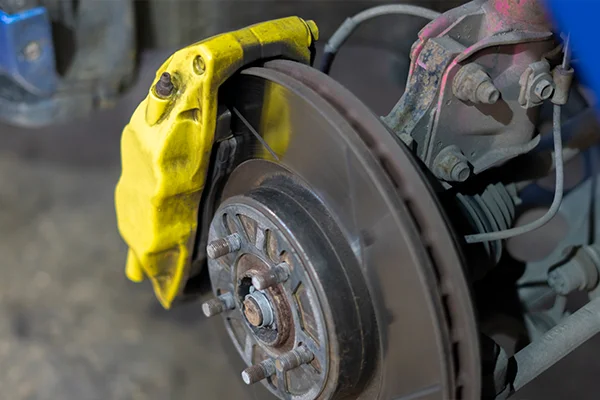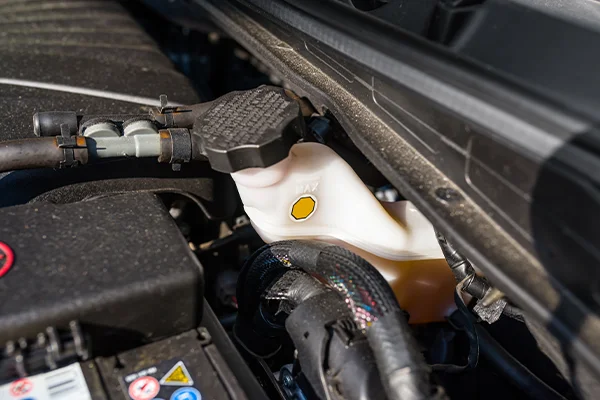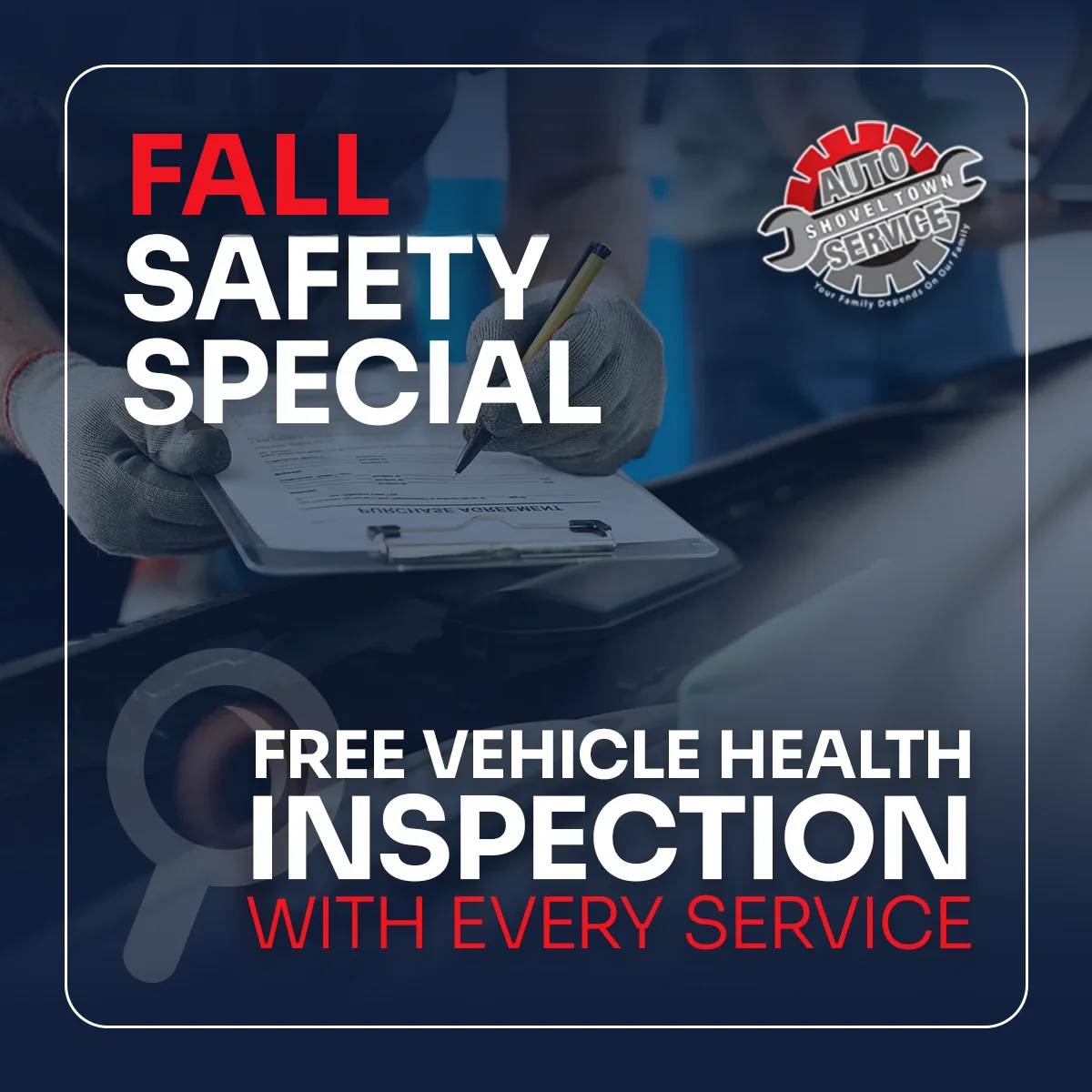When was the last time you thought about your brake fluid? While most drivers know to check their brakes when they squeak or when they can feel a shake when they press their brake pedal. However, most people don’t even think about the importance of brake fluid and its role in a properly functioning brake system
What Does Brake Fluid Actually Do?
Brake fluid plays a key role in making sure your car stops when you hit the pedal. It transfers the force from your foot to the brake components at each wheel. If your fluid is low, contaminated with debris, or has too high of water content your braking performance can drop significantly.
Brake fluid acts as a hydraulic fluid, lubricant and corrosion protectant within your brake system. When you depress your brake pedal it increases the pressure within your brake system due to the brake fluids inherent resistance to compressibility. This transfers the pressure to activate your brake calipers and/or wheel cylinders.

The lubrication and corrosion protection that brake fluid offers should not be ignored. Brake fluid lubricate your brake system to components such as calipers and wheel cylinders to ensure that the metal components within them do not grind together. In addition, brake fluid is hygroscopic. Meaning that it absorbs moisture within the brake system. This protects components such as brake lines and master cylinders from deteriorating from rust.
Why Brake Fluid Breaks Down Over Time
Brake fluid wears out over time due to the absorption of moisture, the chemical breakdown of the anti-corrosion inhibitors due to use and heat, and the buildup of debris within the system.
Old or contaminated brake fluid is more than just a maintenance issue—it’s a safety hazard. Moisture inside the fluid can cause rust and corrosion in the brake lines, decrease the fluid’s boiling point, and lead to dangerous air bubbles in the system. If you have ever felt your brake pedal getting progressively softer as you descend a long hill that is your brake fluid boiling and creating air bubbles within the system. This all adds up to reduced braking power and longer stopping distances. In worst-case scenarios, it can even lead to brake failure.
How to Check Your Brake Fluid
Most cars have a clear reservoir under the hood so you can see the fluid level without
opening the cap. If you’re unsure or want to be safe, it’s best to have a trained technician take a look. Brake fluid is sensitive to moisture in the air, so even checking it can reduce its effectiveness if not done correctly.

When to Replace Brake Fluid
A good rule of thumb is to replace brake fluid every two years. However, your specific vehicle and driving habits may shorten that timeline. Have your brake fluid checked during routine oil changes or scheduled service. If the fluid looks dark, milky or smells burnt don’t wait to have it inspected.
Brake fluid should be changed at time intervals not just mileage. Due to the absorption of moisture even a lower mileage car can experience reduced braking performance from the lower boiling point of the fluid.
Count on the Brake Experts at Shoveltown Auto Service
At Shoveltown Auto Service, we help drivers in Easton, Mansfield, and Norton stay safe with expert brake service and fluid maintenance. Our experienced team knows exactly what your vehicle needs and uses only the right brake fluid for your make and model. We’re here to ensure your brakes are always performing at their best.
Don’t take chances with your brake fluid. Whether you’re due for a fluid replacement or just want peace of mind, Shoveltown Auto Service is here to help. Contact us today to schedule a brake inspection or ask our Service Advisors any questions.

